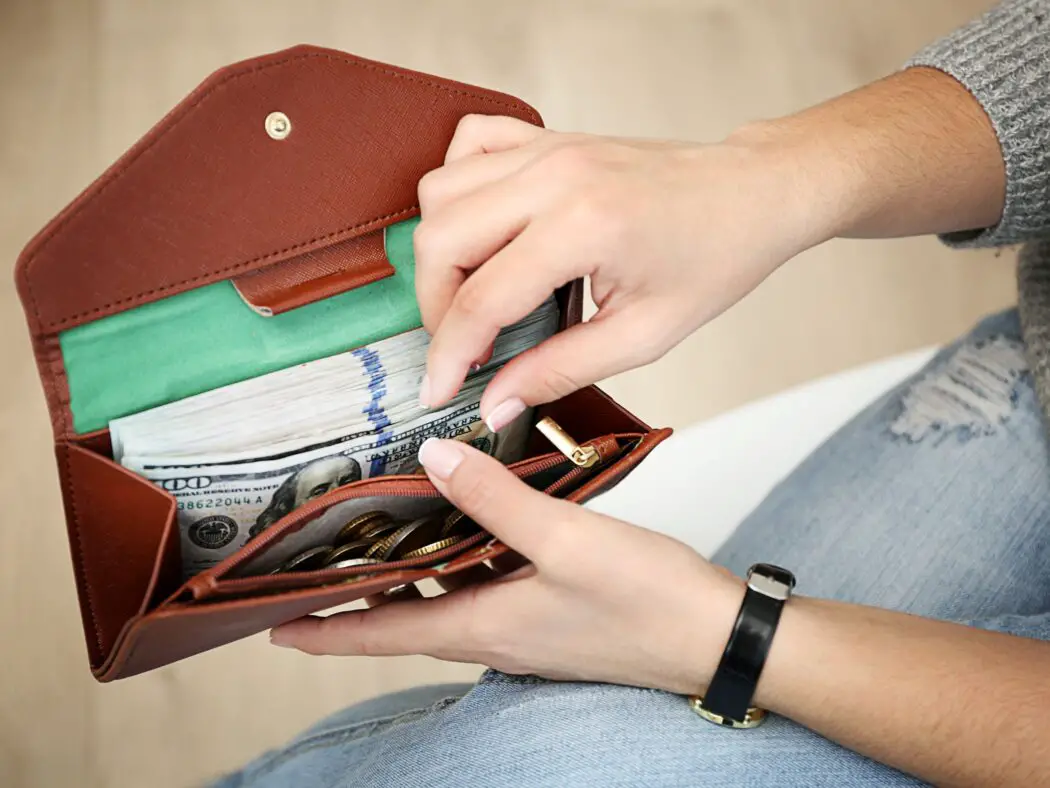Keeping your funds safe when travelling is vital. With more choices than ever, you need to select the best methods to ensure a successful trip.
Around 1 in 3 holiday makers from the United Kingdom have had their valuables stolen. Very often, the main target for thieves is cash. There are now more ways than ever to carry your money, but with online and financial fraud rampant, using electronic methods is not always the best option. So, what is the best way to carry your funds when travelling?
The Advantages of Mixing Up Payments
The type of preferred payment, and the best one for your needs, will depend on the destination you are travelling to. However, it is generally better to carry a mix of payment methods. This allows you to get the best deal and may benefit you in certain situations. For example, a credit card can get you out of a sticky situation when you run out of cash. Yet, go somewhere quite remote, and cash may be the only option. It may not even be local currency that is preferred.
Your mix of payments does not have to be equal either. You may have 50% of your budget in cash, 25% in an e-wallet, and 25% on a credit card. This will take some forward planning, and you do need to do some thorough research before you set off.

Popular Forms of Payment
There are several different types of payment methods you may choose. Below are the advantages and disadvantages of each.
Prepaid Cards/E-Wallets
Prepaid cards have recently become extremely popular, as they don’t require you to disclose any financial information and offer a certain level of security. You buy a card that has a PIN code, which can then be redeemed for payment.
Paysafecard is one of the most used and is available at stores across the United Kingdom. It can be used for a range of online services, such as popular Paysafecard casinos. Paying with this still allows you access to all the benefits you would with paying on a card, such as deposit bonuses and free spins. It will work in a similar way for any good or service, and is a great way to pay for trips, last-minute hotel bookings, and transport online. The disadvantage is that not all places will accept them, and most will be digital.
E-wallets are a very similar concept, but they are kept on your device. You load up your Google Pay or other selected method and can scan it like a credit or debit card. They will charge fees, often quite high, and you do need your mobile charged and functioning to use them.
Credit/Debit Cards
Credit and debit cards are a great backup when on holiday. They are used at a wide range of retailers, and even the smallest shops and restaurants in the remotest of locations will now take cards.
Many people choose to take them, but only use them in emergencies. The reason for this is that they will charge fees. On top of this, they may add currency conversions and daily fees, which can quickly mount up. However, you can get travel credit cards with low fees, as well as ones that will earn you points and airmiles, so it is worth considering this option.
You should also make sure you let your bank know you are going abroad. Activity in suspicious places can flag up as fraudulent, blocking the card altogether.
Cash
The old adage is that cash is king, and it remains so. It is better for retailers, as they keep what you give them instead of having to pay card fees. It is also accepted anywhere, provided you have the right currency and amount.
The downside to cash is that you do have to budget correctly, so you don’t end up running out. Make sure you also shop around for the best exchange rates and look out for fees. It is also the most susceptible to theft, so you do need to ensure it is secure.
Travellers Cheques
Travellers’ cheques are a bit of an overhang from the days before e-wallets and widespread credit/debit card use. You convert your money into a cheque, which can then be cashed in at participating banks and retailers. While they are a very safe method of holding funds, it is getting harder to find people who will convert them.

How to Keep Cash and Valuables Safe
Keeping cash and valuables safe when travelling is not easy. You should never put them in bags and luggage that is not on your person. So don’t put them in checked luggage. When you get to a hotel or your place of stay, make sure you store the majority of it in the safe provided.
When out and about, you may want to use a money belt. This sits quite close to your body, making it hard for people to gain entry without alerting you. It is also a great place to keep cards and your passport.
By mixing your methods of holding funds, you also limit the damage should one be stolen or lost. Check your location, which methods are used most, and then plan your budget. With his forward thinking, you will be best set up to tackle all eventualities and can concentrate on enjoying your trip.





